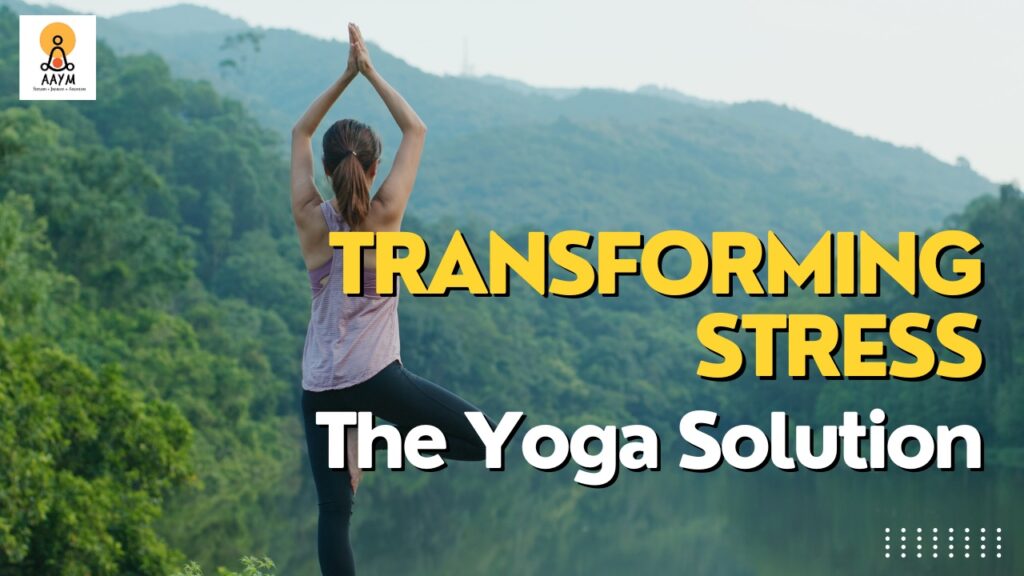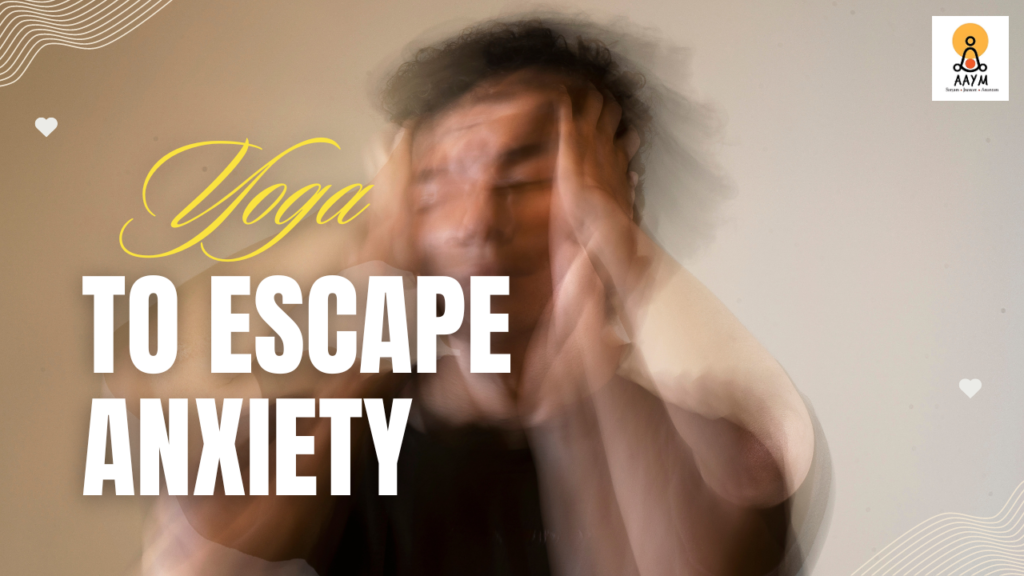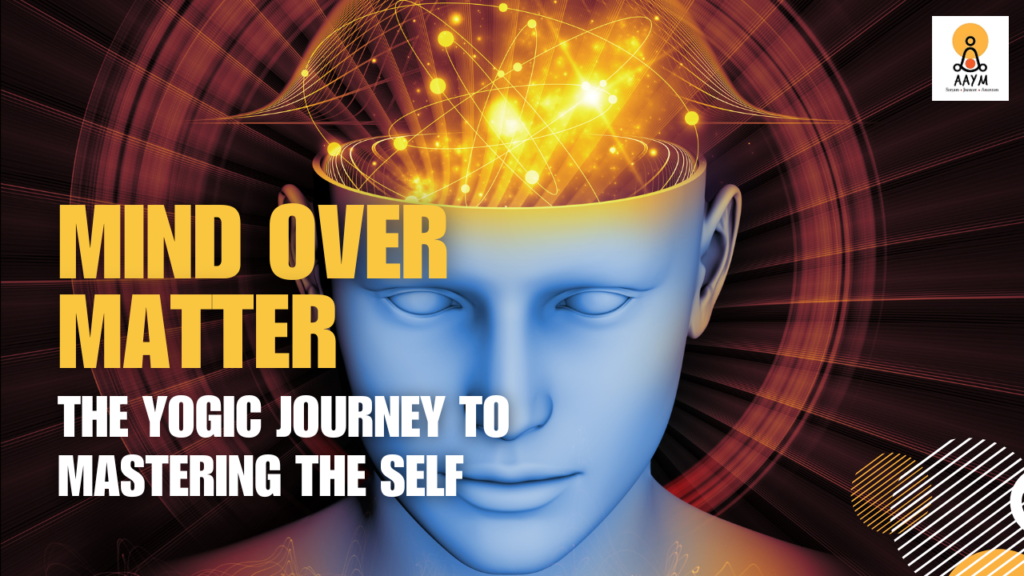Discovering the Transformative Power of Mindfulness
Transforming Stress: The Yoga Solution In today’s hustle and bustle, stress often feels like an unwelcome guest crashing the party of our lives. Whether it’s juggling school deadlines, navigating social pressures, or just dealing with the everyday chaos, stress can leave us feeling frazzled and overwhelmed. But fear not, because there’s a secret weapon in the fight against stress: yoga. Yoga is for everyone. Whether you’re as flexible as a rubber band or as stiff as a board, there’s a pose for you. And you don’t need fancy equipment or a gym membership to get started – just a little bit of space and a willingness to give it a shot. So why should you give yoga a try? Well, for starters, it’s a great way to kick stress to the curb. By focusing on your breath and tuning into the present moment, yoga helps to calm the storm raging inside your mind. It’s like hitting the reset button on your stress levels. Here’s a breakdown of the symptoms of stress in a more concise, bullet-point format: Emotional Symptoms: Feelings of low self-esteem, loneliness, and depression Difficulty relaxing the mind Frustration and irritability over minor issues Avoidance of social situations Physical Symptoms: Upset stomach and digestive issues Tense and achy muscles Headaches Fatigue and low energy levels Chest pain and rapid heartbeat Insomnia and sleep disturbances Increased susceptibility to colds and infections Nervousness and sweaty palms/feet Behavioural Symptoms: Changes in appetite Avoidance of responsibilities Increased consumption of alcohol, drugs, or cigarettes Procrastination Nervous habits like nail biting or pacing Cognitive Symptoms: Forgetfulness and difficulty remembering things Inability to focus or concentrate Impaired judgement Pessimistic thoughts Persistent worrying about the future But the benefits don’t stop there. Yoga can also work wonders for your body, improving flexibility, strength, and circulation. And let’s not forget about the mental perks – research has shown that yoga can help reduce anxiety, lift your mood, and even boost your brainpower. Based on the study provided, here are some valid pointers: Impact of Stress on Health: Intense and prolonged stress negatively affects mental and physical health. Symptoms may include lethargy, lack of confidence, disturbed sleep, depression, anxiety, increased alcohol/drug consumption, and medical conditions like gastrointestinal and cardiac disorders. Coping Mechanisms: Coping strategies are vital for managing stress and preventing negative outcomes. Yoga emerges as one of the most beneficial coping strategies, promoting relaxation and releasing neurochemicals in the brain. Role of Yoga in Reducing Stress and Depression: Yoga has shown promise in reducing depressive symptoms by alleviating stress and modulating neurochemical pathways. Studies demonstrate that yoga can decrease inflammation, rebalance autonomic function, and influence neurotransmitter activity. Yoga interventions, when combined with conventional treatments, have led to significant improvements in depressive symptoms across various populations. Recognition of Yoga: Yoga’s benefits have gained recognition globally, with the United Nations declaring June 21 as International Yoga Day. National mental health policies emphasise the integration of traditional practices like yoga into mainstream healthcare. Yoga is increasingly being integrated into school curricula and supported through research funding. Yoga offers a comprehensive approach to mental health, addressing physical, psychological, and emotional aspects. The COVID-19 pandemic has highlighted the importance of integrative approaches to mental health, making yoga a valuable complementary therapy for MDD. So go ahead, roll out your mat, strike a pose, and let the magic of yoga work its wonders. Your body and mind will thank you for it.









